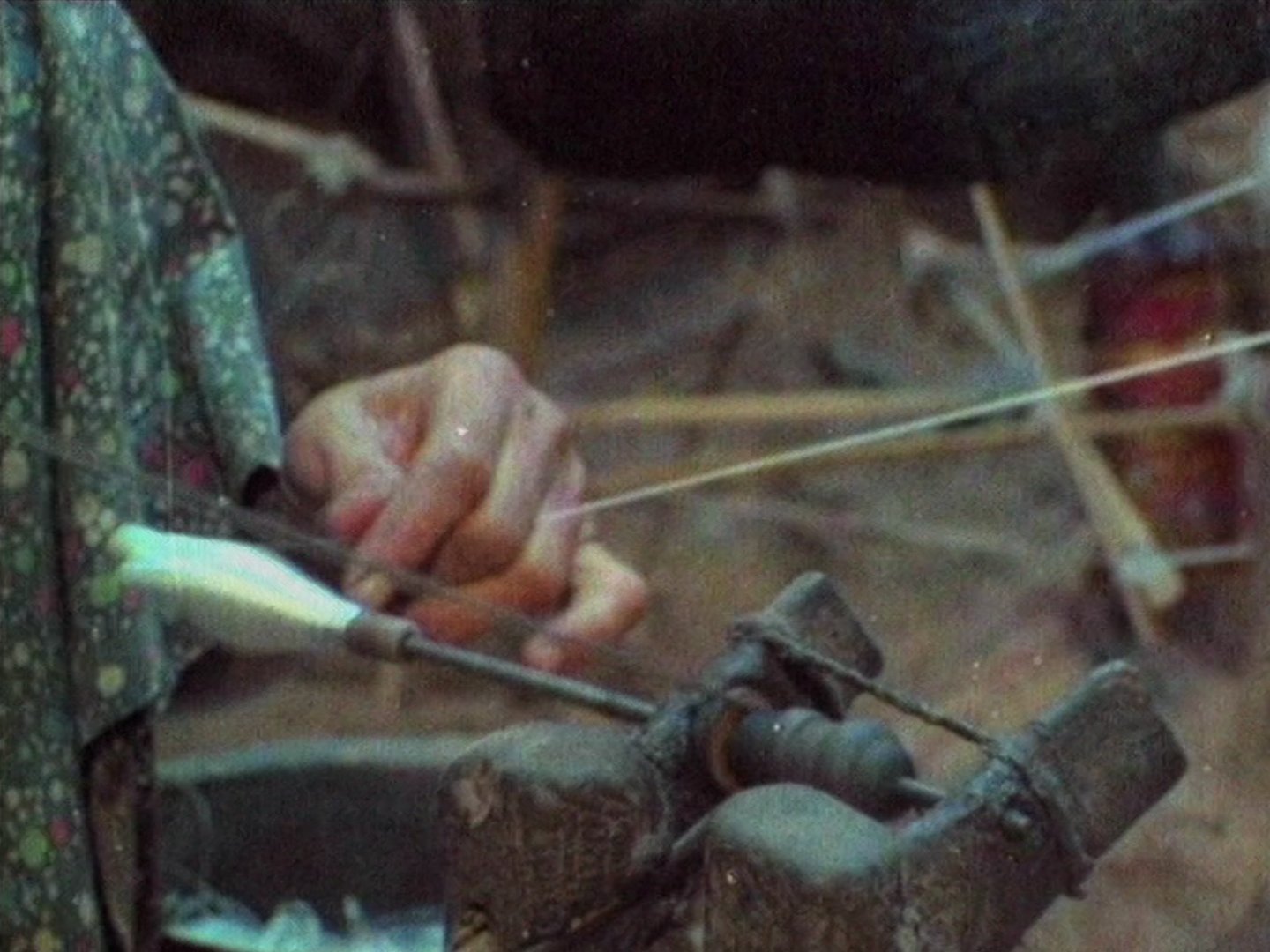
Atteyat Al-Abnoudy, a pioneer of documentary filmmaking, has been making the voices of the poor heard since the 1970s. We meet her when the first Women’s Film Festival is paying tribute to her. (...) Some call her “the poet of the documentary”. Others criticize her for portraying the poor, the bratty children, the run-down places and the abject sides of reality. Likewise, Egyptian television, the only means of broadcasting her work, asks her to disclaim her inventories of misery in order to benefit from funding. She retorts to her detractors: “You must know how to reveal reality with its dark and luminous sides, without hiding an admiration for the total commitment of the beings whose lives meet History.”